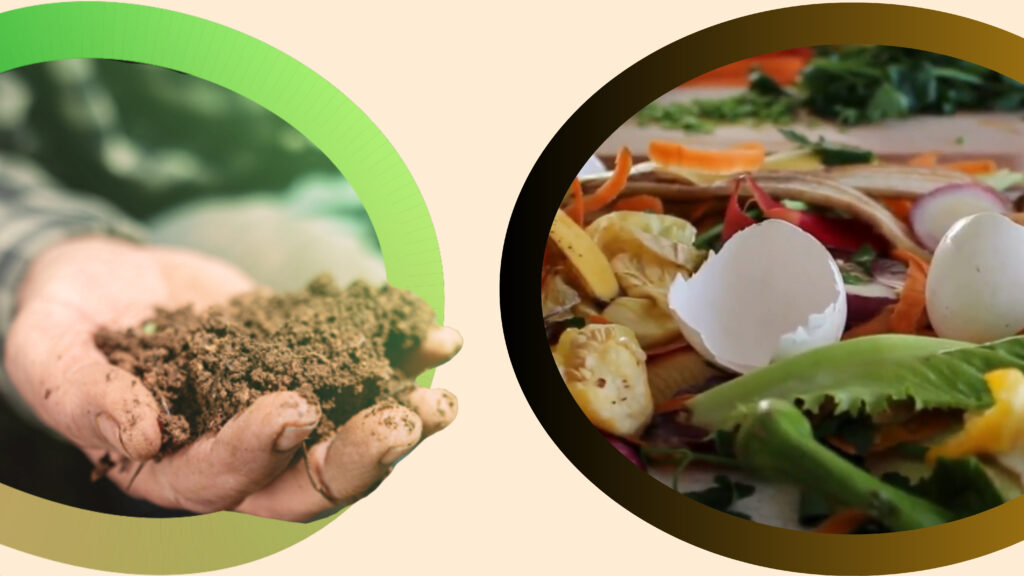Every year, millions of tonnes of organic waste across Europe are thrown away without realizing that these are precious resources that can be turned into soil improvers. At the same time, our soils, critical for food production and the environment, are struggling to stay healthy, loosing fertility year after year.
The BIN2BEAN project is working to change that: to meet the EU’s 2018 Waste Framework Directive goal of recycling 65% of municipal waste, an additional 40 million tonnes of waste must be separated and processed. At the same time, 75% of soils in Europe fail at least one quality criterion for healthy soil due to issues like erosion and over-fertilization.
Launched in September 2023, BIN2BEAN is on a mission to turn organic waste into valuable resources while improving soil health. The project will run until August 2026 and has recently surpassed M18 (month 18), already making significant strides.
Living Labs Driving Innovation
BIN2BEAN’s progress so far has been driven by its three “Living Labs”(LLs) located in Hamburg, Amsterdam, and Egaleo. These labs are testing and developing practical solutions to transform bio-waste streams into high-quality soil improvers. By analyzing local contexts and value chains, the project is creating a scoring system to help cities organize their waste collection and composting systems for maximum efficiency, finding the best market-ready solutions. A Toolbox has also been developed to guide the creation of City-Region Living Labs, offering step-by-step methodologies and real-world examples to engage stakeholders effectively.
In addition, the project has published the “Handbook of Recommendations and Good Practices – a European perspective“, which provides an easy to read guide to biowaste and its use for soil improvers. The handbook explains practical tools, strategies, and success stories to help European cities to achieve a better management of biowaste streams.
Sharing What We’ve Learned
BIN2BEAN is not just about developing solutions—it’s also about sharing them. The project recently published its first batch of Practice Abstracts on the EU CAP Network website. These abstracts provide concise, actionable insights on key topics related to organic waste management and its connection to the agricultural sector. Available in four languages (English,Greek, German, Dutch), they are designed to be accessible to policymakers, researchers, and practitioners across Europe.
Stakeholders can easily download all abstracts in PDF format, making it simple to apply BIN2BEAN’s findings to their own work.

